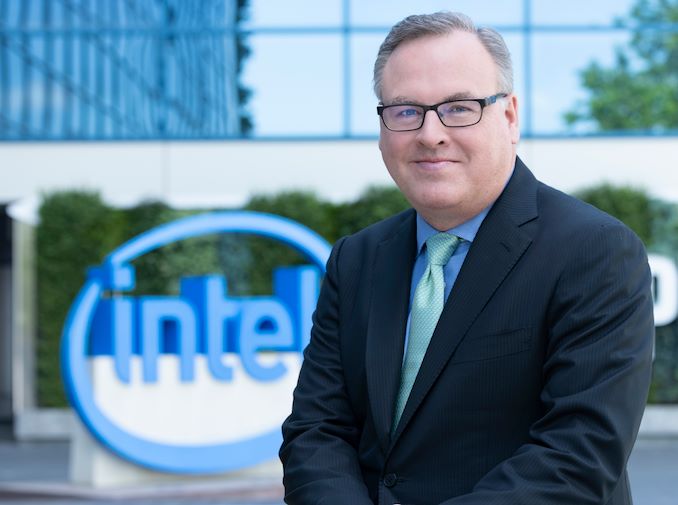Competition is good for us customers but not for Intel's employees. When margins go down employees lose their jobs.
It's not primarily competition that caused the bulk of the shortfall. That has more to do with macroeconomic conditions. For a long time, Intel (and their employees) have fared well on things like the unprecedented boom in demand. The pendulum is now swinging the other way.
The semiconductor business is cyclical. This has
always been true, even if the cycle that's now ending has gone on far longer than most.
Competition is ultimately good for companies, because it forces them to sharpen their focus and use resources efficiently. Unless a company is somehow permanently protected from
ever having to compete, continual competitive pressure is needed to keep them primed to face new challenges and adversaries. For instance, let's imagine AMD stayed in the doldrums and Intel continued just turning the crank and delivering single-digit gen-on-gen performance increases. Then, almost out of nowhere, ARM could swoop in and blow Intel out of laptops and the datacenter - both essential markets, for them.
Or, let's say ARM has gotten complacent about the microcontroller market. RISC-V is now really starting to bite into their share of that market.
One unique challenge Intel is facing, that their competitors don't, is the boat anchor of their fabs. In the good times, fabs have been a strategic asset, ensuring access to production volume and helping to improve margins. In the bad times, those fabs continue to cost loads of money, which takes a huge bite right out of Intel's profits. That's why I think Intel is doing the whole Foundry Business, and ultimately wants to spinoff their fabs, like AMD did ~15 years ago.
Shareholders want their stock valuations and daddy needs a new yacht.
The little guy always looses.
But that's capitalism. The fortunes of the company tend not to have much impact on the
typical employee. They do well when the labor market is tight - that's the main factor. However, employees are a cost and businesses are always trying to minimize costs.


